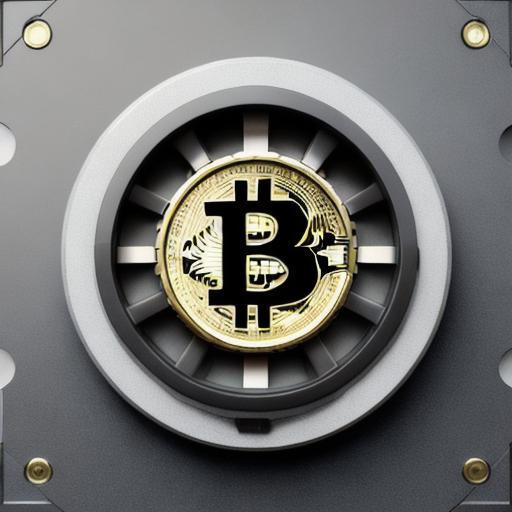As the world continues to grapple with the challenges posed by centralized systems, it’s becoming increasingly clear that decentralization is the way forward. The Web3 Summit 2021 was a testament to this fact, bringing together developers, entrepreneurs, and experts from around the globe to explore the latest developments in decentralized technologies. In this article, we will delve into some of the most exciting innovations on show at the summit and discuss their implications for the future of the decentralized web.
What is Decentralization?
Before we dive into the specifics of what’s happening in the world of decentralized technologies, it’s important to understand what decentralization actually means. Simply put, it refers to the distribution of power and control away from central authorities or institutions. In the context of the web, this means that data, applications, and services are not controlled by a single entity or organization, but rather by a network of users and nodes.

Decentralized technologies have been around for a while now, with blockchain being one of the most well-known examples. However, the potential applications of decentralization go far beyond just cryptocurrencies. From social media to supply chain management, decentralized systems can provide greater transparency, security, and resilience than their centralized counterparts.
Blockchain Beyond Bitcoin: The Power of Smart Contracts
One of the most exciting developments in the world of decentralization is the rise of smart contracts. These self-executing contracts are stored on a blockchain and can be programmed to automatically enforce their terms. This opens up a whole new world of possibilities for business and commerce, from automated payment systems to supply chain management.
Smart contracts have already been used in a number of real-world applications, including the sale of real estate, the distribution of music royalties, and even the issuance of insurance policies. By automating these processes, smart contracts can reduce the need for intermediaries, lower transaction costs, and increase efficiency.
Decentralized Social Media: The Future is Here
Another area where decentralization is having a big impact is social media. With platforms like Facebook, Twitter, and Instagram under fire for their handling of user data and the spread of misinformation, there’s growing interest in alternative, decentralized social media networks.
One such network is Mastodon, which launched in 2016 and has since become one of the most popular decentralized social media platforms. Unlike traditional platforms, which are owned and controlled by a single entity, Mastodon is run by a community of users who collectively make decisions about how the platform should evolve. This allows for greater transparency, accountability, and control over the content that is shared on the platform.
Another exciting project in this space is Brave, which is building a decentralized browser that rewards users for viewing ads. By using blockchain technology, Brave can ensure that ad revenue is distributed fairly among users, rather than being siphoned off by intermediaries. This has the potential to revolutionize the way that online advertising works and could provide a more equitable distribution of wealth.

Decentralized Marketplaces: The Future of Commerce
Finally, decentralization is also having a big impact on commerce. With centralized marketplaces like Amazon and eBay under scrutiny for their treatment of sellers and the dominance of their platforms, there’s growing interest in alternative, decentralized marketplaces.
One such platform is OpenBazaar, which allows users to buy and sell goods and services directly with one another without the need for intermediaries. By using blockchain technology, OpenBazaar can provide greater transparency, security, and control over transactions. This has the potential to
